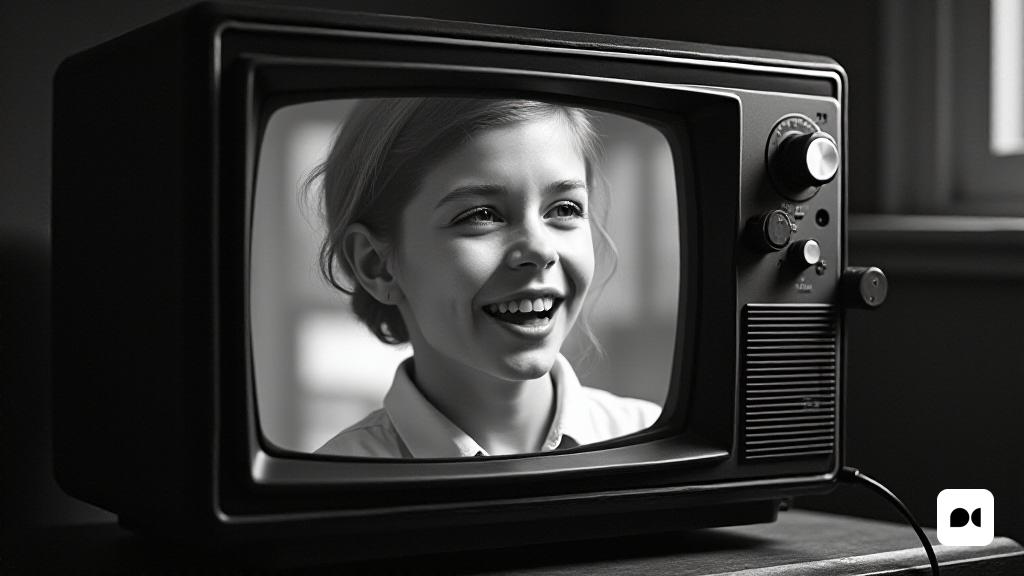The new age of communication
In a world where the media has played a ubiquitous role, their influence has become undeniable. Although I may not be a regular radio or television consumer, I recognize that these platforms have entered our daily lives in a deep way, even affecting those who seek a refuge in silence.
The trivialization of language
It is worrying to observe how, in the name of modernity and freedom of expression, the use of rude and inconsiderate language has been normalized. Movies and debate programs often resort to a vocabulary that uses words that would have been considered offensive or inappropriate before. This tendency, far from reflecting a cultural advance, seems rather a regression towards vulgarity.
History and context: a reflection of change
In the past, movements like the League of Good Mot fought against blasphemy and language degradation. Today, the idea that the media could promote a more respectful and high speech seems to be a distant dream. Society should rethink if it is acceptable that vulgarity will be presented as a synonym for freedom.
A new communication model
The media, especially audiences, have a responsibility to establish higher standards. It is not only innovative, but also to preserve the dignity of language. At a time when the influence of the media is greater than ever, it would be desirable for those who have a public voice to take a commitment to quality and respect.
Final reflections
Our rich and diverse language is threatened by a tendency to simplify and trivialize. Instead of allowing our communication to be a reflection of the rudeness, we should aspire to a form of expression that enriches us and unites us. The responsibility lies in all of us, both in content and public creators, to maintain the integrity of the language we use.

